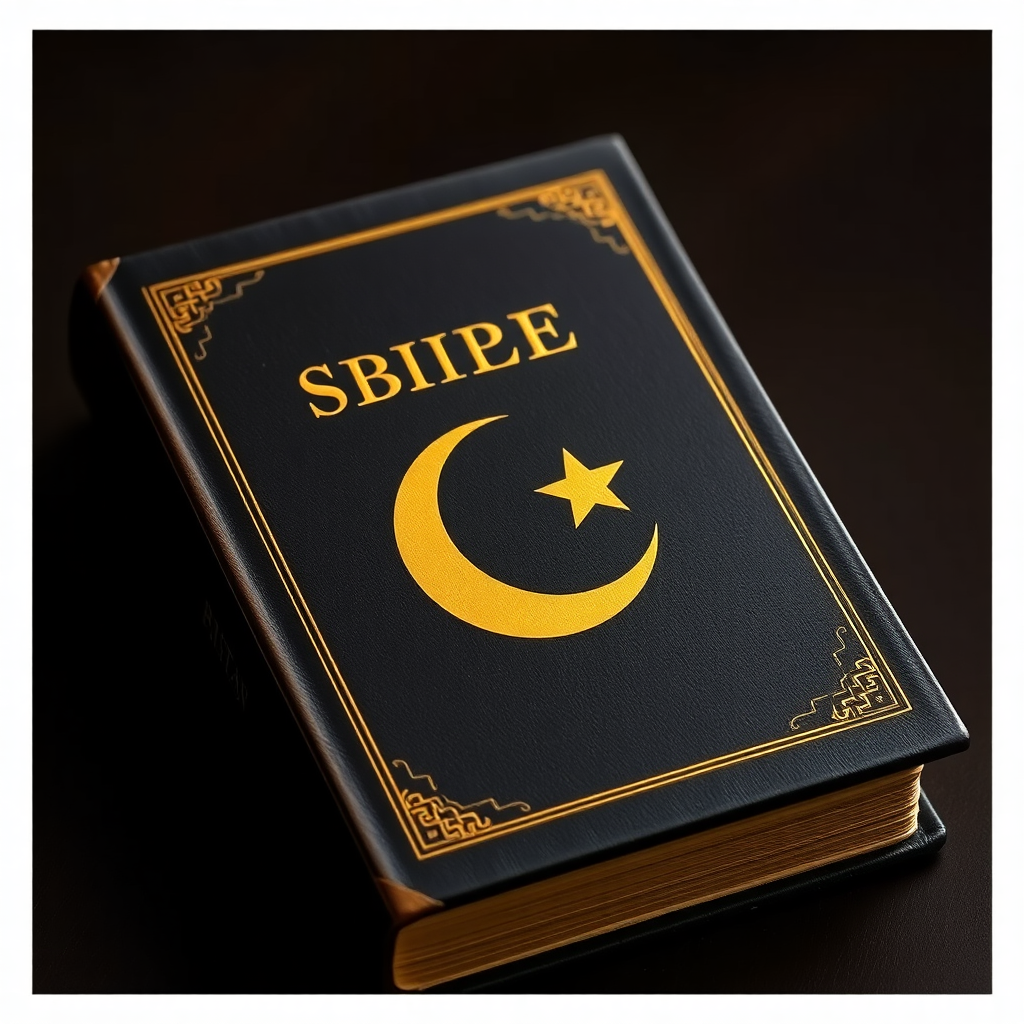Are Bibles Allowed in Pakistan?
While Bibles are legally permitted, the practical reality for Christians in Pakistan can be challenging. The country has strict blasphemy laws that, while not specifically targeting Bible possession, create an atmosphere of caution among religious minorities.
Yes, Bibles are legally allowed in Pakistan. The country's constitution guarantees freedom of religion for religious minorities, and Christians are permitted to possess, read, and use Bibles for their religious practices. Christianity is the third-largest religion in Pakistan, with the 2023 Census recording over three million Christians, or 1.37% of the total population, and these communities openly practice their faith with access to Christian scriptures.
Constitutional Protections and Religious Freedom
Pakistan's constitution provides theoretical protection for religious minorities, including Christians, to practice their faith. This includes the right to possess and use religious texts such as the Bible. Christian organizations actively distribute Bibles, including audio Bibles for the illiterate, delivered by pastors who pray and worship with communities. Churches operate throughout the country, and Christian communities have access to their sacred texts for worship and study.

Practical Challenges and Concerns
While Bibles are legally permitted, the practical reality for Christians in Pakistan can be challenging. The country has strict blasphemy laws that, while not specifically targeting Bible possession, create an atmosphere of caution among religious minorities. The Islamic country has strict blasphemy laws that are often used to persecute and discriminate against religious minorities, including Christians, creating a landscape where Christians and other religious minorities live in perpetual fear. These laws make it a crime to insult Islam or the Prophet Muhammad and carry severe punishments.
Current Situation for Christians
Despite legal protections, forced conversion of Christian and Hindu girls are on the rise in Pakistan, with approximately 1000 girls from religious minority communities forced to convert to Islam on yearly basis. This broader context of religious pressure affects the Christian community's overall sense of security, though it doesn't specifically prohibit Bible possession or use.
International Monitoring and Support
The situation of religious freedom in Pakistan, including Christian rights, is closely monitored by international organizations. The US Commission on International Religious Freedom monitors and analyzes Pakistan's blasphemy and anti-Ahmadiyya laws and forced conversions to Islam. Various Christian organizations continue to work within Pakistan, providing support to local Christian communities and ensuring access to religious materials including Bibles.
In summary, while Bibles are legally allowed and actively used by Pakistan's Christian population, the broader environment of religious restrictions and blasphemy laws creates challenges for religious minorities in the country.